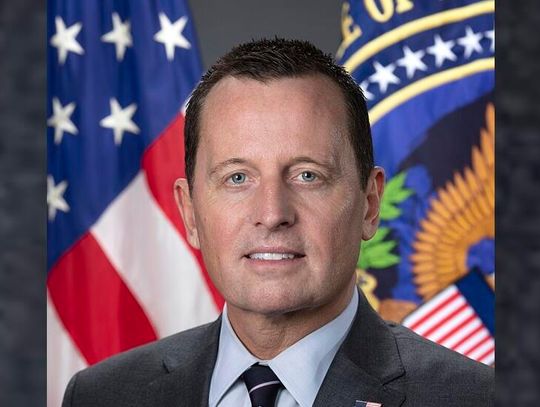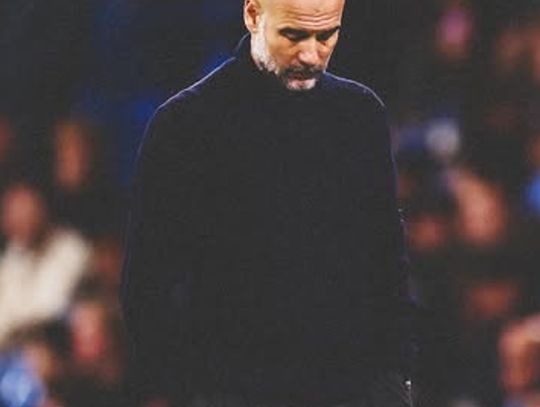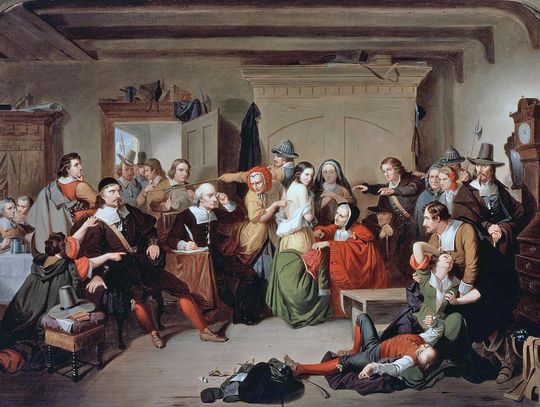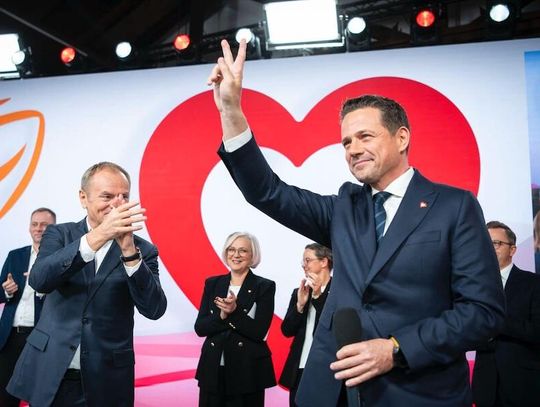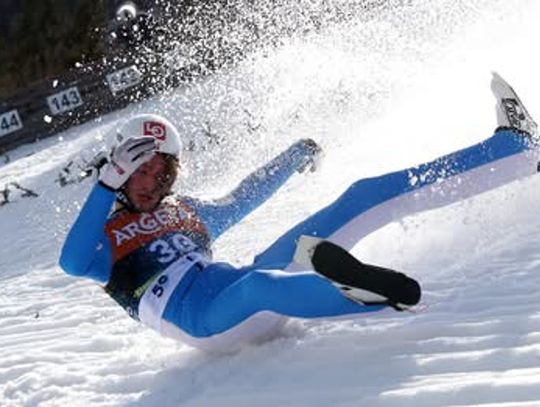Former president and leader of the Solidarity trade union, Lech Walesa has said that Poles “know how to commemorate disasters, but do not know how to celebrate real victories”.
Walesa remarked on Poles’ attitudes to the country’s history during a speech at the opening of the European Solidarity Centre in the Baltic city of Gdansk, Saturday.
The legendary Solidarity leader was joined by the director of the centre, Basil Kerski, as well as Gdansk mayor Pawel Adamowicz, with the three speaking at the city’s Solidarity square in front of the entrance to the Gdansk shipyard, where Walesa led the workers’ strike in August 1980.
Lech Walesa said that “the fight for freedom started with the Warsaw Rising, which was dramatically defeated. Then there was 1956, which was also lost, then there was the defeated youth of 1968, and then the losses of 1970 and 1976”. “However, on the basis of trial and error we managed to think of a way how to achieve victory,” Walesa underlined.
Nevertheless, “communism also knew how to get in the way,” he said, adding that “we were made to believe that we had no chance of ditching communism for a while yet”.
Walesa underlined the importance of the election of a Polish pope, John Paul II, in order to mobilise Polish society. “It was enough for a Pole to become pope and he organised us to fight communism, but to organise us in prayer,” he said, adding that the underground organisations already in existence were then able to take advantage of the “awakened nation” and “for the first time managed to conquer communism in 1980”.
The strike in the Gdansk shipyard in August 1980 was led by Lech Walesa and ended after two weeks on 31 August 1980 with the signing of the Gdansk Agreement between the workers and the communist government.
The 21 points in the agreement allowed for the establishment of an independent trade union, what became Solidarity, and guaranteed the right to strike, among other stipulations. (jb)
www.thenews.pl
Reklama




